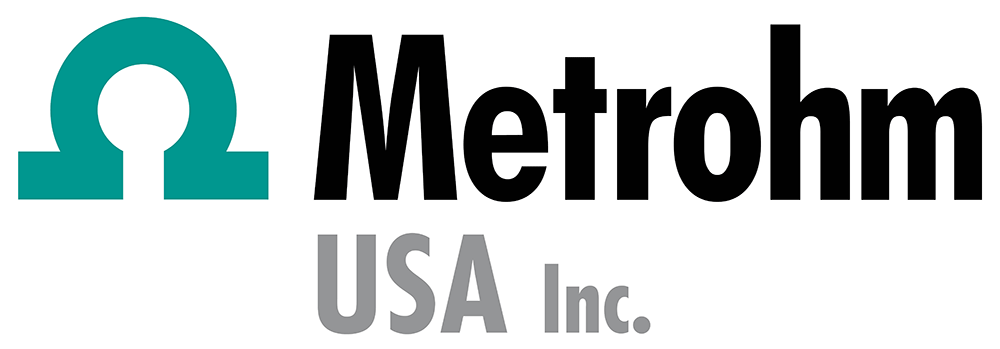Mastering UPW Quality with Real-Time Trace Ion Detection
DATE
October 31, 2023
TIME
10:00 a.m. PDT / 1:00 p.m. EDT / 17:00 GMT / 18:00 CET - Duration: 60 Minutes
Overview
Ultrapure water (UPW) is crucial for the production of superior-quality semiconductors, but ensuring final product quality can be a challenge without the right tools. UPW undergoes extensive and costly purification, utilizing various physical and chemical treatments to meet increasingly rigorous purity standards. In the face of global water shortages, efficient UPW production is essential. Water recycling facilities at semiconductor plants are tasked with addressing this concern, regenerating wastewater back into UPW. However, the integrity of regenerated UPW must be verified to ensure final product quality. This is where online ion chromatography provides a novel advantage: detecting trace anions, cations, and silica contaminants in real-time down to parts-per-trillion levels.
Join us for a conversation with two industry experts: Ben Greenwood, Senior Manager at Micron Technology's Chemistry Lab, and Dariana Martinez, Product Application Specialist at Metrohm USA. Together, they will delve into the pressing water challenges currently faced by the semiconductor industry. Additionally, they will shed light on the pivotal role of ultrapure water and the significance of real-time ion chromatography to ensure quality control.
Key Learning Objectives:
- Understand the pivotal role of ultrapure water (UPW) in semiconductor manufacturing and its direct impact on product quality and performance.
- Gain insights into the scale of water consumption in the semiconductor industry and the pressing challenges faced in meeting increasingly rigorous purity standards.
- Discuss the advanced analytical capabilities of online ion chromatography, and learn how it accurately measures anions, cations, and silica contaminants to verify UPW purity.
Who Should Attend:
- Anyone interested in leveraging automation for process optimization and near-real-time data analytics
- Process engineers and plant operators responsible for analytical testing and QA/QC Managers responsible for ensuring maximum product quality
- Those involved in adopting or implementing Industry 4.0 initiatives and/or focused on developing newer, more efficient manufacturing processes
Brought to you by:

Speakers
 Ben Greenwood
Ben GreenwoodSenior Manager
Micron Technology's Chemistry Lab
 Dariana Martinez
Dariana MartinezProduct Application Specialist
Metrohm USA
 Melissa O'Meara
Melissa O'MearaForensic Science Consultant
C&EN Media Group
Registration
*By submitting this form, you agree to receive more information on related products and services from the American Chemical Society (ACS Publications) and its sponsor via email. ACS takes your privacy seriously. For more information, please see the ACS Privacy Policy.
© 2025 American Chemical Society, 1155 16th St NW, Washington, DC 20036, USA. View our Privacy Policy
